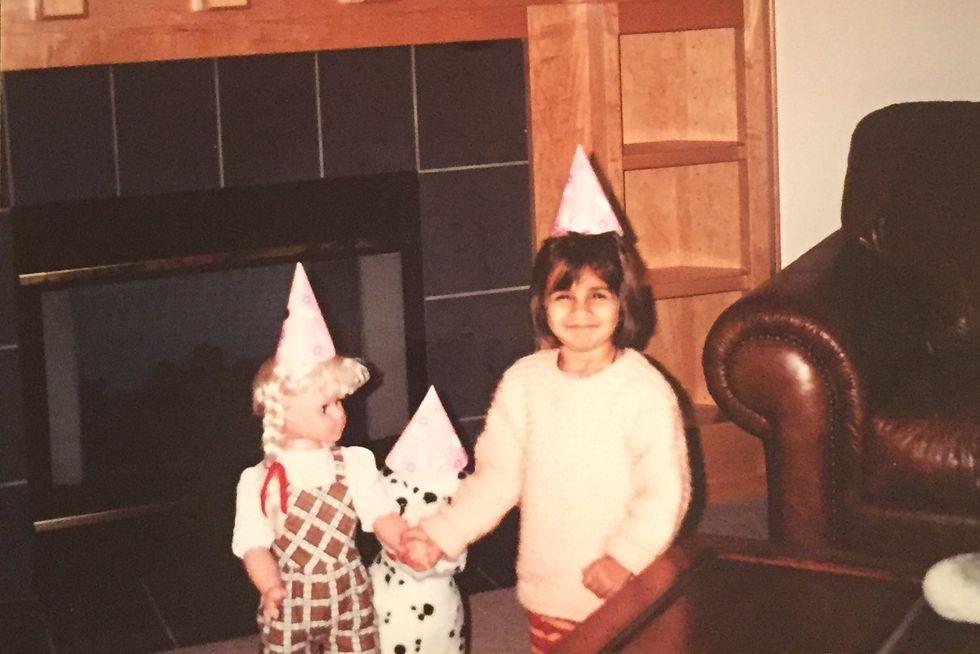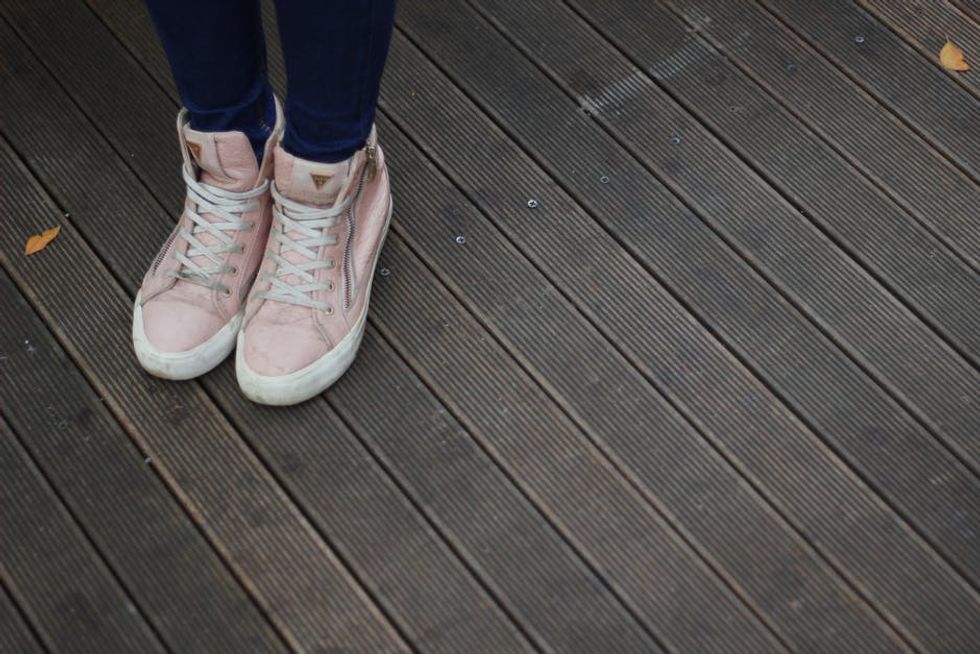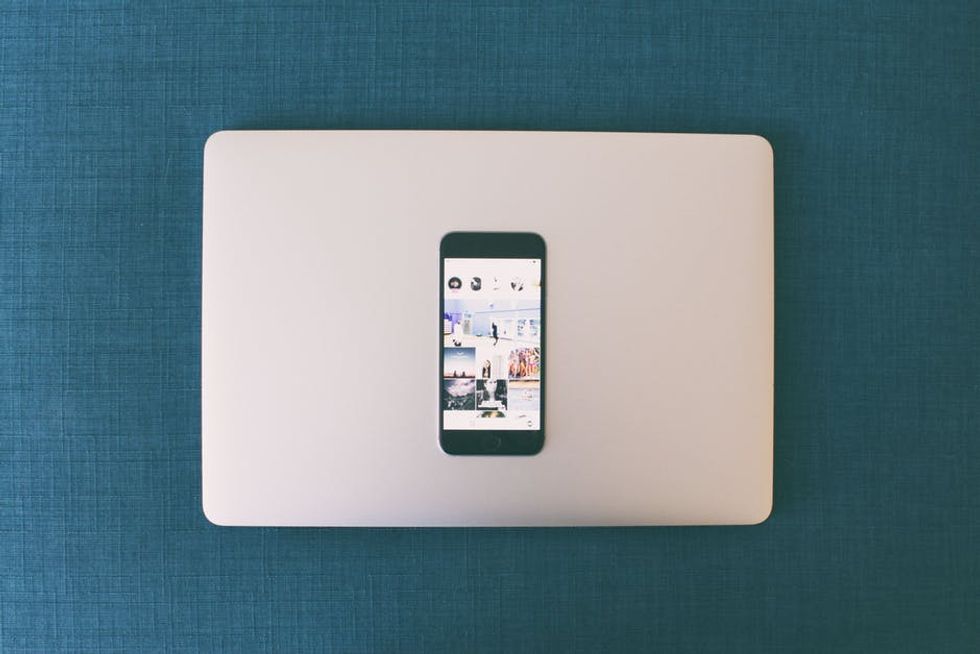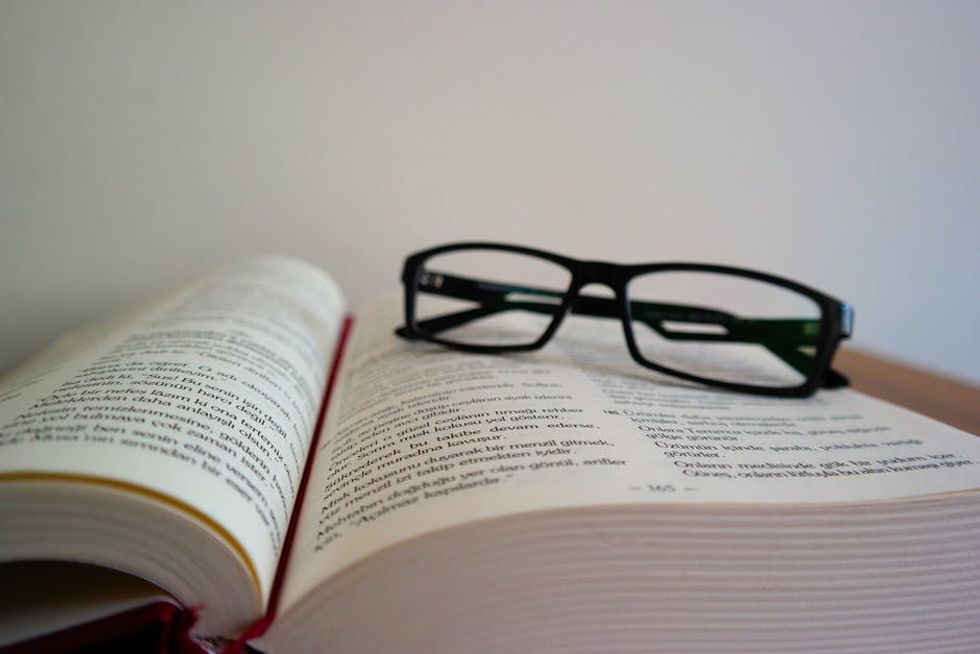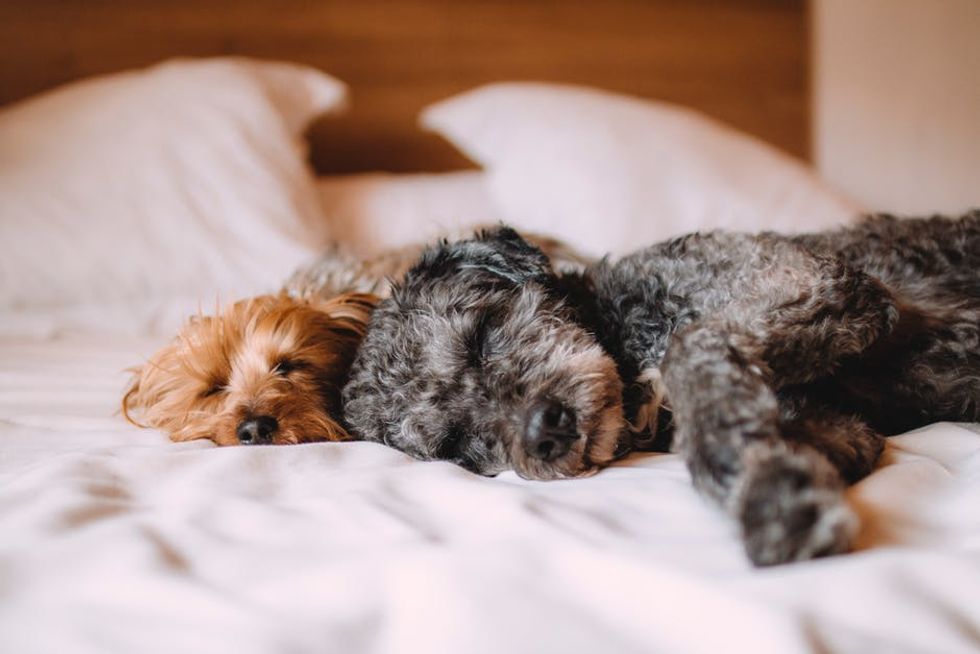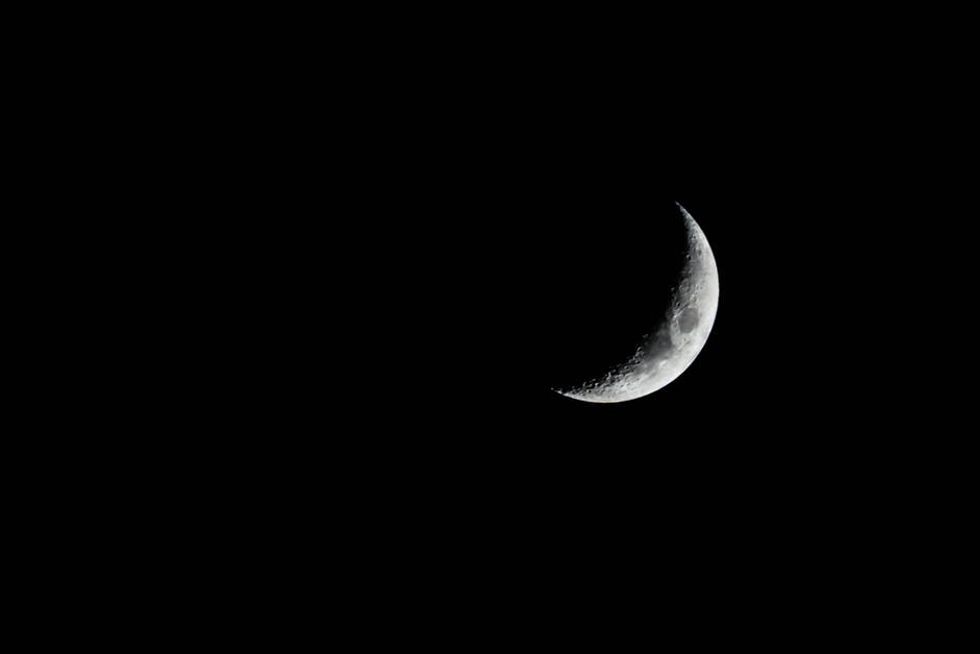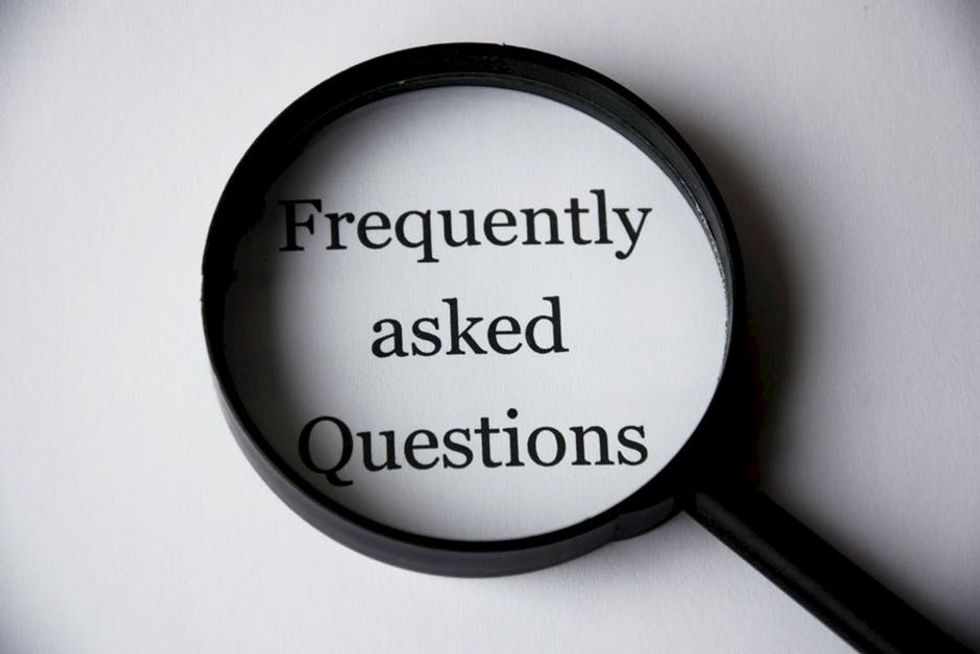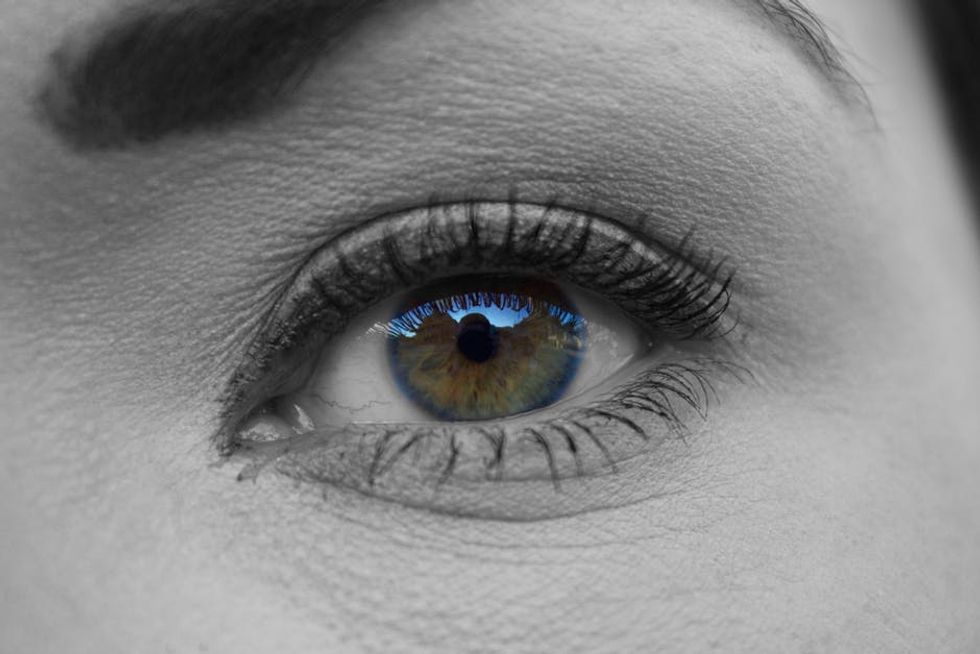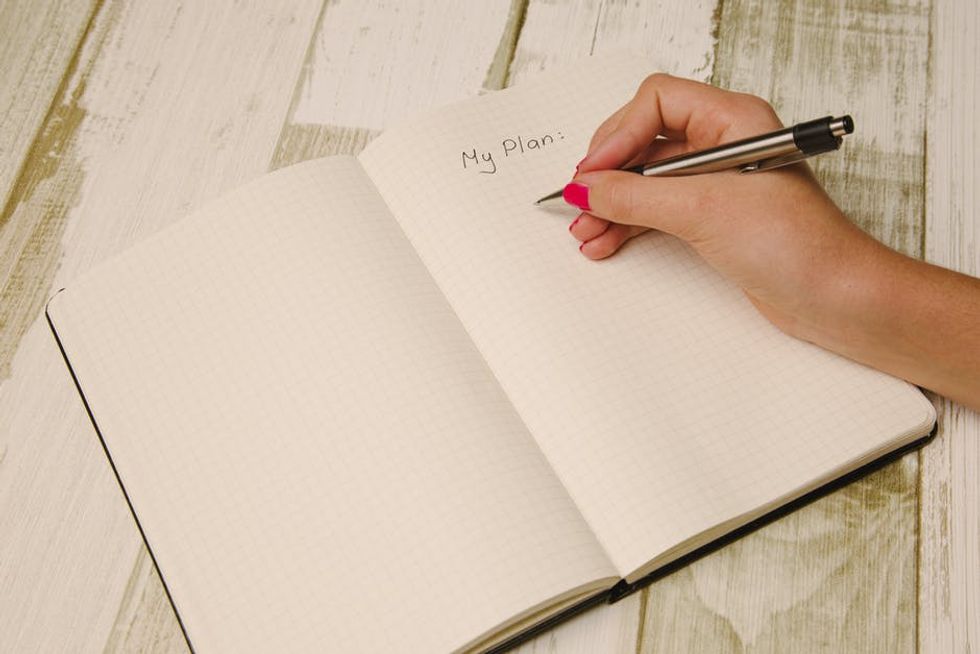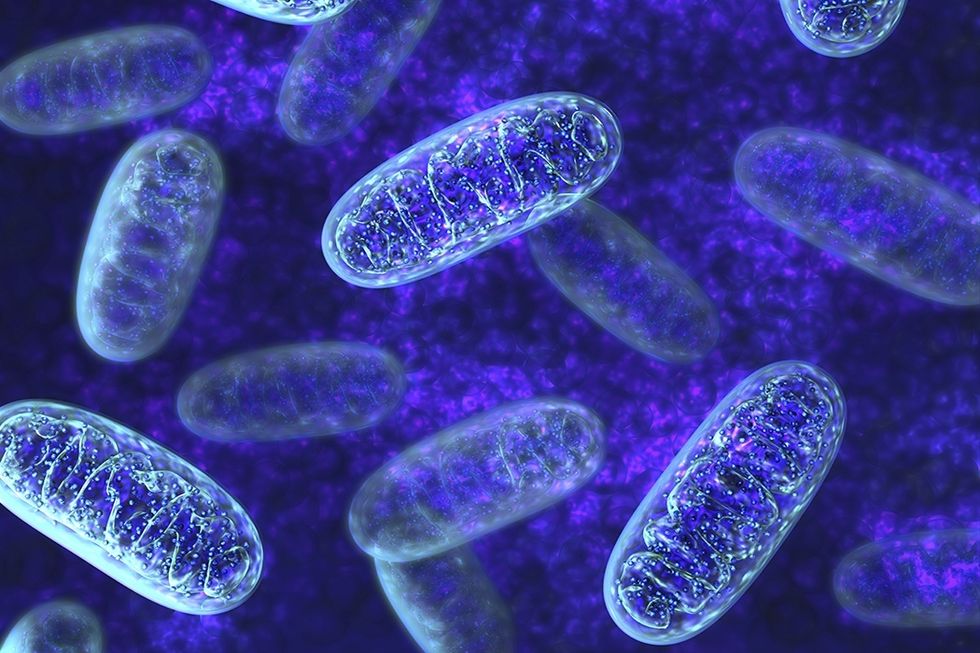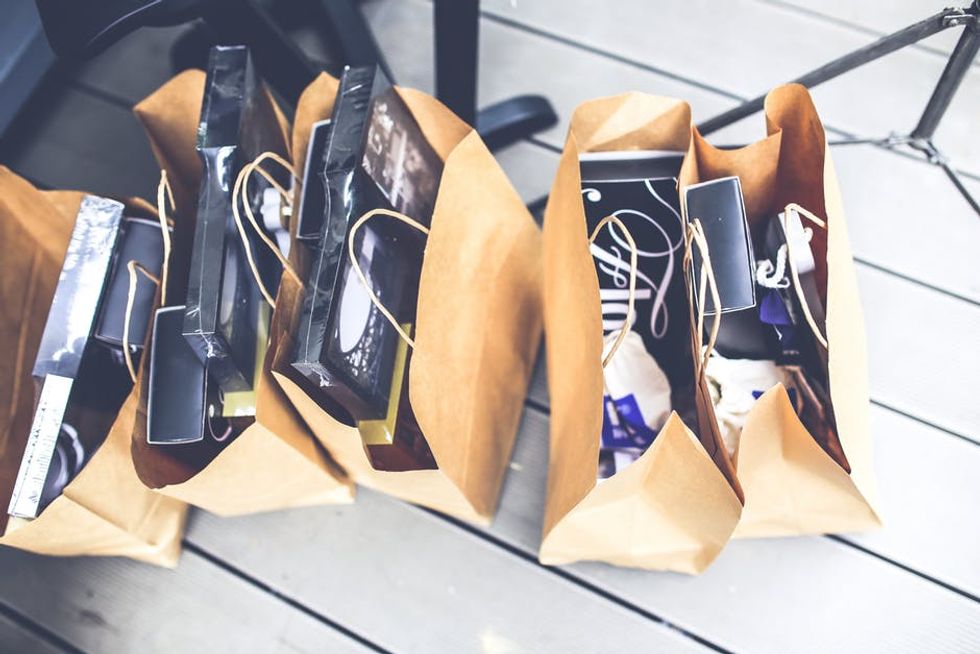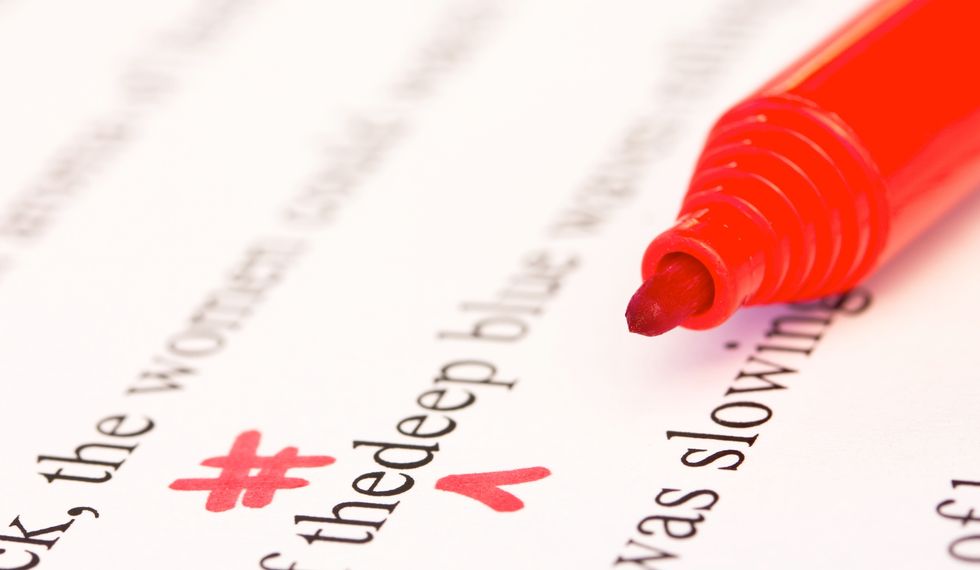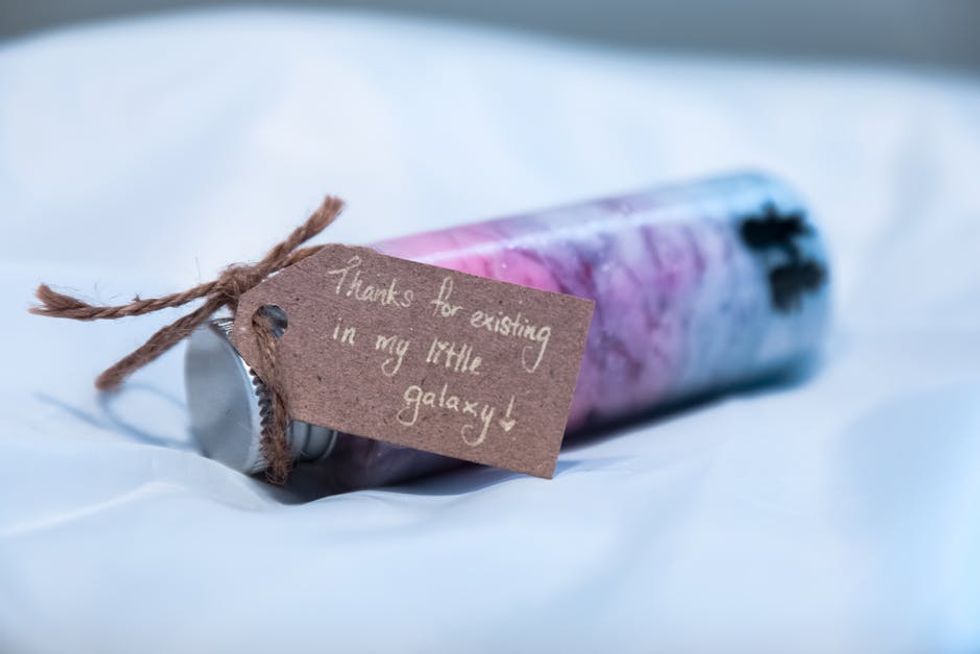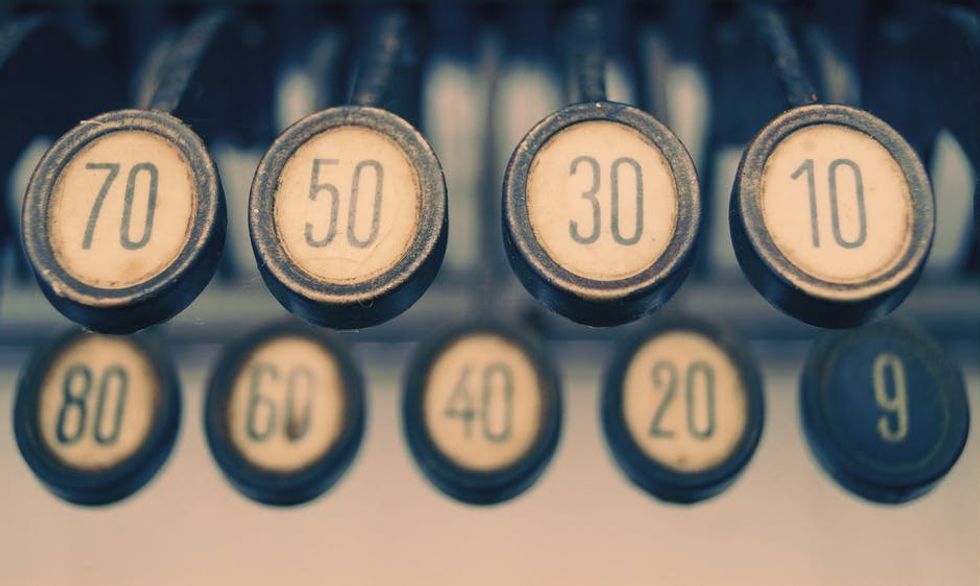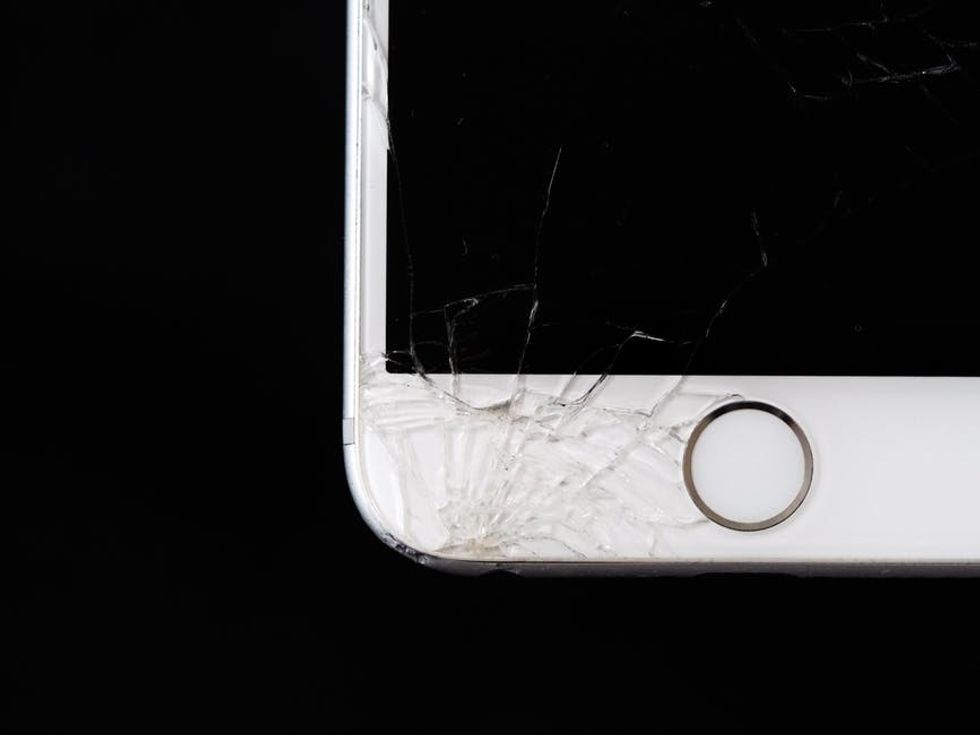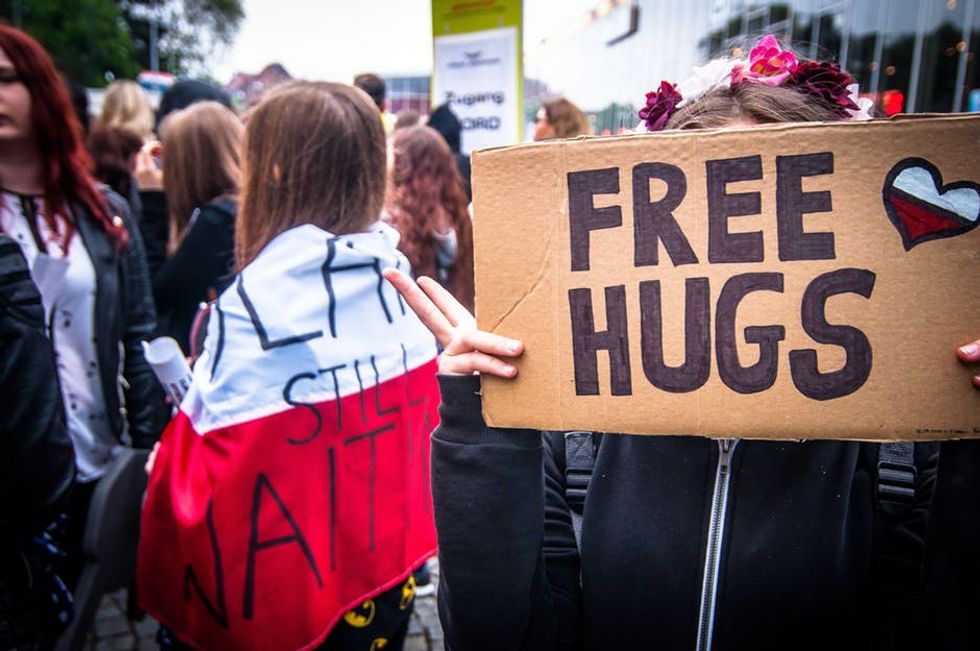I'm not quite sure what I expected on the morning of my 18th birthday.
Would there be an elf that would pop out from under my bed and exclaim "you can vote!"? Would confetti with the words "you're eligible for jury duty!" pour from the ceiling? Spoiler alert: no, there would not. Between 11:59 p.m. the night before and 12:00 a.m. on my 18th birthday, absolutely nothing changed.
This is unsurprising; after all, it is not age 18 itself that is significant, but rather the years leading up to it. Without further ado, here are 18 things I learned in 18 years of life:
1. Sneakers are comfortable
I wish it hadn't taken me 18 years to realize not to underestimate the power of a good sneaker. I was always that person –– you know, the one who wore a pair of cute, incredibly painful shoes every day
2. Use social media wisely
Everybody and their mother is told not to share an abundance of personal information or talk to strangers on the internet; that's obvious at this point (I hope). However, rather than straying from internet usage for fear of the unknown presences or seeming like one of those "darn millennials" that's addicted to social media, spending your time vitalizing your social media presence is crucial to success. Social media is more than just posting photos; it is a fantastic tool for networking, marketing, raising awareness and having your voice heard.
3. Always support your arguments with facts
When I started learning to write essays in elementary school, the one thing my teachers always emphasized was to back up my ideas with proof. Opinions are like noses; everybody has one, but they usually have a few holes in them. Facts, on the other hand, are the defining characteristic that distinguishes between being "opinionated" and being "informed."
4. Naps are good for you
Speaking of backing up your arguments with facts, did you know that a 40-minute nap can improve performance by 34 percent and alertness by 100 percent? Whoever associated snoozing with losing clearly got it wrong. I used to feel guilty about napping –– as if I was slacking off –– but now I am a habitual nap-taker. Albert Einstein took a nap every day and slept for ten hours each night, and he turned out just fine; if I continue my napping habits, maybe quantum theory will be an item on next year's list.
5. ...but the occasional all-nighter may be necessary
I love to sleep as much as the next person, but I have a lot to do. For instance: finishing this article before my birthday.
6. Never go to Publix when you're hungry
Or any grocery store, for that matter. I still have cake mix in the pantry from an after-school Publix run in May. Scientists have speculated that a desire to purchase an abundance of high-calorie foods might be an innate behavior that has its origins in a time when humans immediately needed to consume calories after a fast. It's not a weak will that makes you crave dinosaur-shaped chicken nuggets at the grocery store when you're hungry, it's science.
7. Don't hesitate to ask for help
For three years, the essential question my middle school orchestra teacher wrote on the whiteboard every day was "do you know what you don't know?" He always explained that knowing what you don't know is more valuable than knowing what you do know because it allows you the opportunity to ask questions and transform concepts you don't know into concepts you do know. You know? For many people, including myself for a period of time, asking questions meant we were dependent, weak and incapable of accomplishing things on our own. Rather, it is the people who acknowledge their gaps and ask for support that
8. Crying is good for your skin
Raise your hand if you have ever blinked back tears or swallowed a lump in your throat and went on with your day. I know you're raising your hand, and so am I. Put your hand back down; it's okay to let yourself cry. The act of crying has been found to lower blood pressure and remove toxins that build up in the body as a result of stress. They also contain lysozyme, a fluid that can kill 90 to 95 percent of bacteria in up to 10 minutes! Even beyond science, crying is a form of emotional expression that makes us human. I'm not suggesting that I cry all the time or that anyone else should either, but there's no harm in acknowledging your emotions.
9. Keep a planner
I plan time in my day to write in my planner. Crazy? A little bit. Necessary? Yes. There are few, if any, people out there whose lives are not multi-faceted and allow them to dedicate each day to a single task, but I am not one of them. Having a planner allows me to stay organized and enables me to see where I am spending too much of my time or too little. Plus, each day looks a lot more manageable when it's color-coded!
10. The mitochondria is the powerhouse of the cell
Me: What are taxes, and how do I pay them?
School system: The mitochondria is the powerhouse of the cell.
There are a lot of things I have learned in 18 years that are useful. I'm not sure that this is one of them.
11. Online shopping is underrated
There should be a greater appreciation for the ability to purchase anything money can buy with the click of a button and without leaving the comfort of your own bed. Where else, if not for the internet, would I be able to buy balloon animal earrings or panda bear push pins in one place?
12. Proofread everything
Behind every intelligent person are two equally-intelligent friends who proofread their emails "real quick when they have a chance." Beyond grammar, spelling and content, proofreading is a mark of someone who takes pride in their work and aspires to make it of the utmost quality. Proofreading is a time when you can put your perfectionist tendencies to good use.
13. Don't Google your symptoms when you're sick
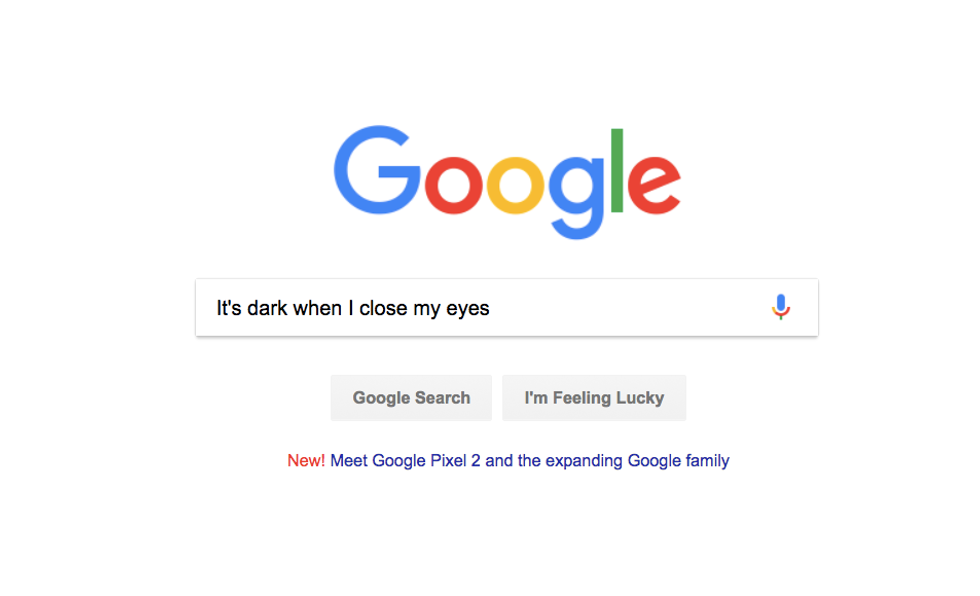
14. Always say "please" and "thank you"
"Please" and "thank you" are simple words, and yet people do not use them nearly enough. People will like you more when you're nice "just because," but more importantly, being a courteous person is a signal of empathy that can turn somebody's entire day around. Please make an effort to say them more. Thank you.
15. People older than you don't have it all figured out
Nobody
16. iPhone screens are fragile
I started to think iPhone screens were fragile the first time I cracked my phone, but I cracked it again a second time just for sure. It was for science...not because I dropped it on my driveway or anything.
17. Neat handwriting is crucial
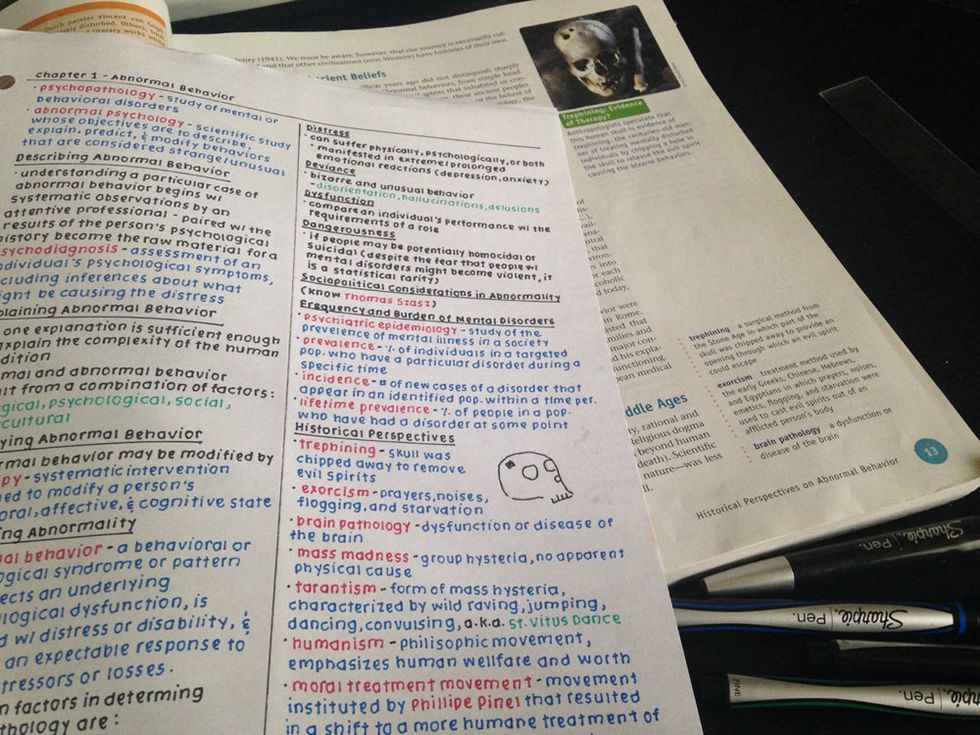
Warning: side effects of good handwriting include being the designated writer for every group project.
18. When in doubt, hug it out
Sometimes, all you need is a hug.

